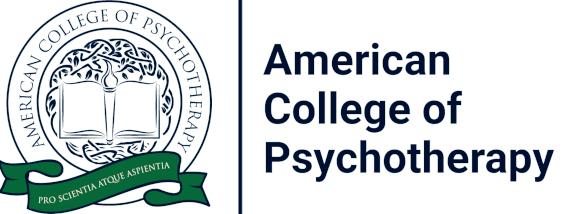It has always been interesting to me that patients (or clients) would come in and be in one of three stages:
Stage one was “I know what I want to do, or I need to do.” In this stage they are so certain about their decisions they are simply wanting permission to do what they are going to do anyhow. No matter how you respond, they hear you as confirming their decision. If you call attention to their unguarded remarks that suggest otherwise, they protest that they misspoke or that you didn’t understand their meaning.
Stage two is the negative certainty whereby they say, “I know where this is going and I know why this is falling apart.” “In fact, I knew this was going to happen!’ In this stage they know why others did things or what they really meant when they said whatever was said.
Stage three is “I should have known,” or “Something told me this at the outset but I just didn’t listen.”
Stage four is identified by, “What am I going to do. I don’t know what I’m going to do. Why me? Why this? Why now? Eventually, I just don’t know anything anymore.” Not so suddenly, they become teachable.
Like so many of you, I went to college not to learn, but rather to show them what I already knew. So, I didn’t learn a lot. In graduate school, and certainly in supervision, I discovered the truth, the “real truth”.
I remember saying to my supervisor, “Bob, I have two hospitals who think I’m a hero, and yet the truth is, I don’t know what in the hell I’m doing.” With more grace than I deserved, he put his arms around me and said, Today your education begins.”
With eighty-five percent of our motivation being unconscious, we still think that we know why we do things. We at least think we ought to know, though the unconscious is like the back of our heads.
It’s been with us all of our life, but we’ve never seen it ” up close and personally.” Well at least not without those relationships (often our spouse), which serve as mirrors. When someone asks most of us “why” we did something or said something, at our most honest and vulnerable moments, we only have about a fifteen percent chance of being right. It is like when we asks someone who has lost their keys, “Where did you lose them?” If they knew, the keys would not be lost.
Simply said, our beliefs and expectations about “ knowing” don’t actually serve to make us smart, but instead invite shame when we don’t.
It was one of my great pleasures to be trained by an Atlanta psychiatrist, Ed Usey. I was working with the son of a couple with whom Ed was working. I was permitted to listen to the recording of the parents session. The father said to Ed, “You said do thus and so, and we did and it didn’t work. You said to do this and that, and we did and it didn’t work. Ed why didn’t it work?” Ed said, “Hell I don’t know. I’m not Kennedy. I don’t know everything!” Stunned I stopped the recording and said, “Ed why didn’t you give him the answer? Even I know the answer.” Ed turned to me, looking over his readers and said, “Right, you would have given him the answer! I was trying to teach the lesson!” I paused a moment as if I understood, but finally broke my silence to ask, “Ed, what’s the lesson?” Ed responded, “That it is okay not to know”.
I’m suggesting that it is not only “Okay” to not know, it some instances, is actually preferred. If we can endure our shame and vulnerability (from the erroneous thinking that we ought to know), we gain wisdom beyond intelligence. It will in fact, be well worth the experience, allowing us to become teachable in that moment.
It takes real courage to admit that you “don’t know”, even when you think you may. If however, healing is about authenticity, integrity, and vulnerability, perhaps, for the sake of the therapeutic relationship, we opt for the courage of our own vulnerability. What if at the risk of looking inadequate, we model a new way of authentic comfort, regard, acceptance and support by trusting that the healing happens in the warmth, safety, and quality of the “with-ness,” and not the bright light of our adequacy?
Perhaps then we would know that all of the biases, presumptions, and certainties to which we cling, were totally intact by the time we were thirty-six months old and that those are the eyes through which we have presumed to see and know. Thus, our belief system, forged at such an early and misinformed, ill informed, or uninformed age, still blinds, contaminates, and keeps us disconnected until we are willing to see thing differently.
Then, as Shelton Kopp wrote, “Even a stone, can be a teacher”.
Maybe that’s what it is to “open blind eyes”, those being first our own. It might also be that young belief system that not only keeps us from each other, but creates the stress and disillusionment we convert to somatic complaints. Be more suspicious of your “certainties” and more respectful of your “hunches”. Perhaps it is in this vulnerability, that we find peace, safety, and the joy of more curiosity and less judgement. The quality of your life may depend upon your vulnerability and willingness to see things differently. Paradoxically, as a therapist, you don’t have to be certain, in fact, it’s more courageous, even preferred, to be willing to, “not know”.

